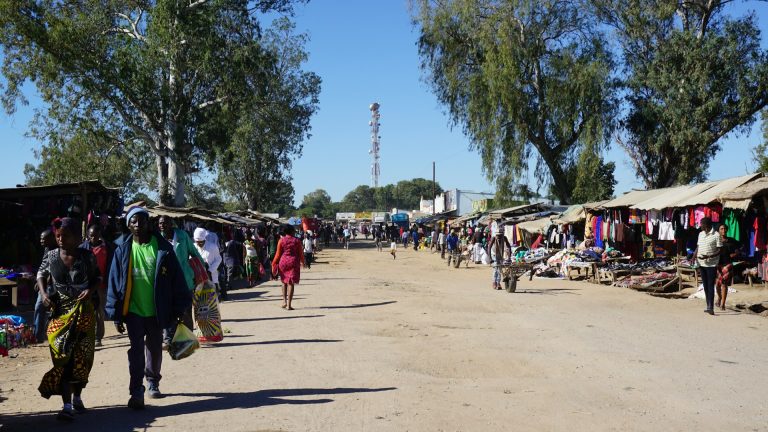- $15mn Swedish funding targets Rwanda’s customs and cross-border trade
- Small traders, women and youth to benefit from digital upgrades
KIGALI, RWANDA – Sweden has pledged $15 million to support Rwanda and other Africa trade reforms, aiming to cut costs, reduce border delays and expand access to markets across Africa.
The funding forms part of the Swedish Initiative for Facilitating Trade in Africa, or SWIFT, a four-year programme (2024–2028) implemented by TradeMark Africa. About $5 million will go directly to Rwanda’s Northern Corridor, its main trade route.
Rwanda’s exports hit $4.4 billion in 2024, up 3.3% from 2021, but many small-scale traders – particularly women and youth – still face high costs, long waits and persistent non-tariff barriers.
“Sweden is proud to support Rwanda in removing barriers to trade and ensuring that small businesses, especially women and youth-owned, are not left behind,” said Martina Fors Mohlin, Head of Development Cooperation at the Embassy of Sweden in Rwanda.
Regional integration focus
Under the new partnership, Sweden will fund upgrades to Rwanda’s customs systems for faster goods clearance, help formalise 2,000 small cross-border traders into cooperatives and expand digital platforms such as the Rwanda Electronic Single Window and iSOKO to improve transparency.
“This investment shows how Rwanda is turning regional integration into real opportunities for its traders. SWIFT is a model that other countries can easily replicate,” said Rosine Uwamariya, Country Director for TradeMark Africa in Rwanda.
The programme stretches beyond Rwanda, covering major African trade routes including the Abidjan-Lagos, Berbera and LAPSSET corridors. On the Uganda-Rwanda corridor, SWIFT will support the elimination of non-tariff barriers and establish a European Union deforestation regulation-compliant data warehouse.
“So far about 1.5 million firms have already been traced, but this data must be verifiable to satisfy EU importers. We need a system that guarantees transparency,” said Anna Nambooze of TradeMark Africa, Uganda.
Sweden’s ambassador to Uganda, Maria Håkansson, said the initiative targets efficiency and inclusivity: “We are doing trade facilitation, speeding up digitalisation and supporting women, young people and small businesses. This is vital for job creation and for the regional economy.”
Uganda’s Permanent Secretary of the Ministry of East African Community Affairs, Edith N. Mwanje, stressed that integration must remain people-centred.
“By strengthening the simplified trade regime, supporting cooperatives and improving access to finance and information, we are not only facilitating trade, but also improving livelihoods, which is actually the target of integration,” she said.
Tackling delays and leakages
Trade along the Northern Corridor has long been hampered by delays, poor digital infrastructure and non-tariff barriers. Small businesses were particularly hit during the pandemic when consolidated cargo overwhelmed Uganda’s customs systems.
“From 2019 when COVID came in, consolidated cargo increased and the Uganda Revenue Authority was overwhelmed because there was no system to deconsolidate. That brought tax leakages,” said Kenneth Ayebare, Chairperson of the Cargo Consolidators Association.
“With the system SWIFT and TradeMark Africa are supporting, traders will use their own tax identification numbers, which is the solution.”
The Swedish-backed programme aims to address those challenges by building stronger digital systems, formalising small-scale trade and breaking down barriers that have slowed integration across Africa’s key trade routes.











